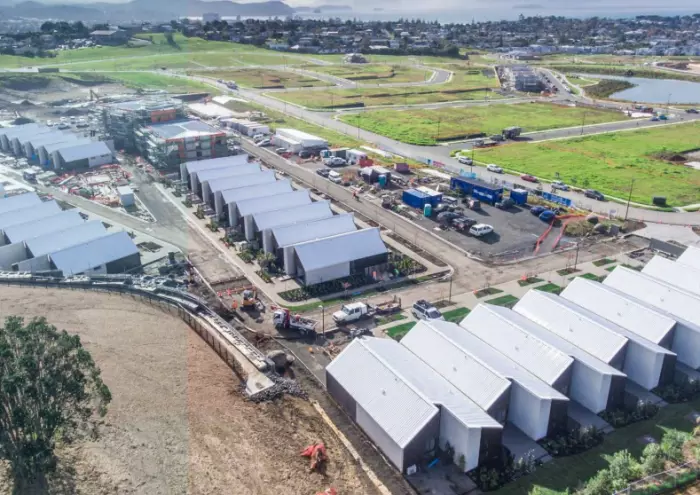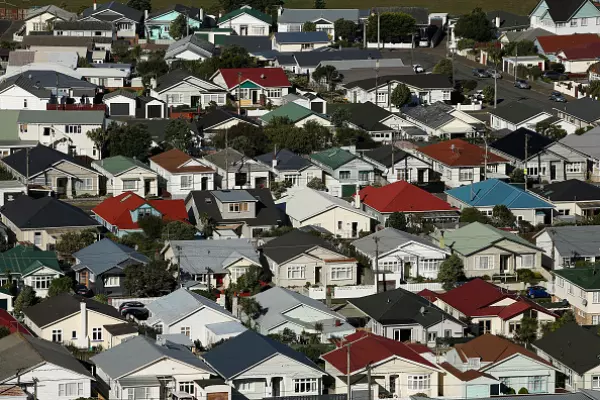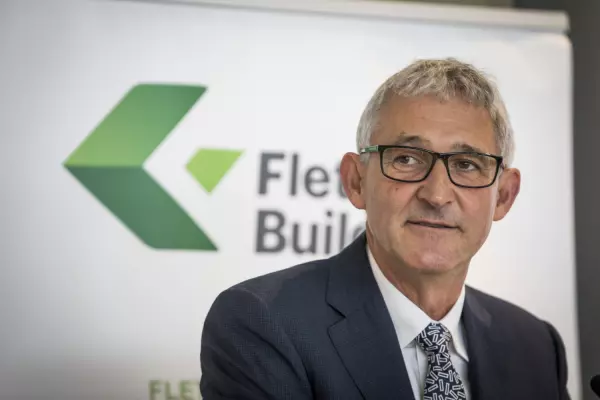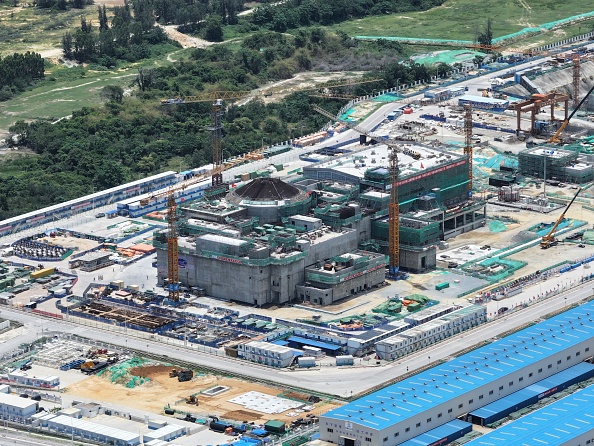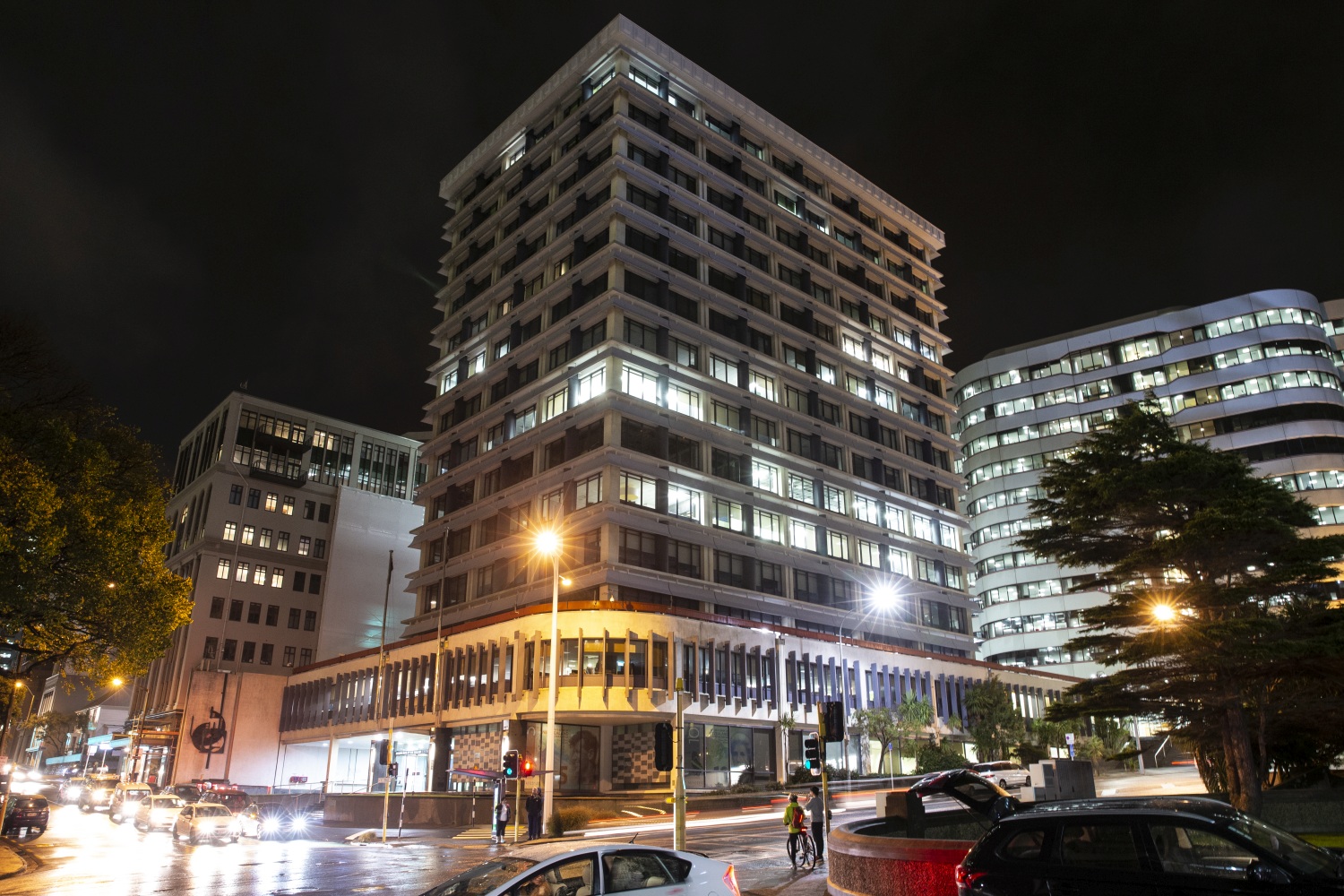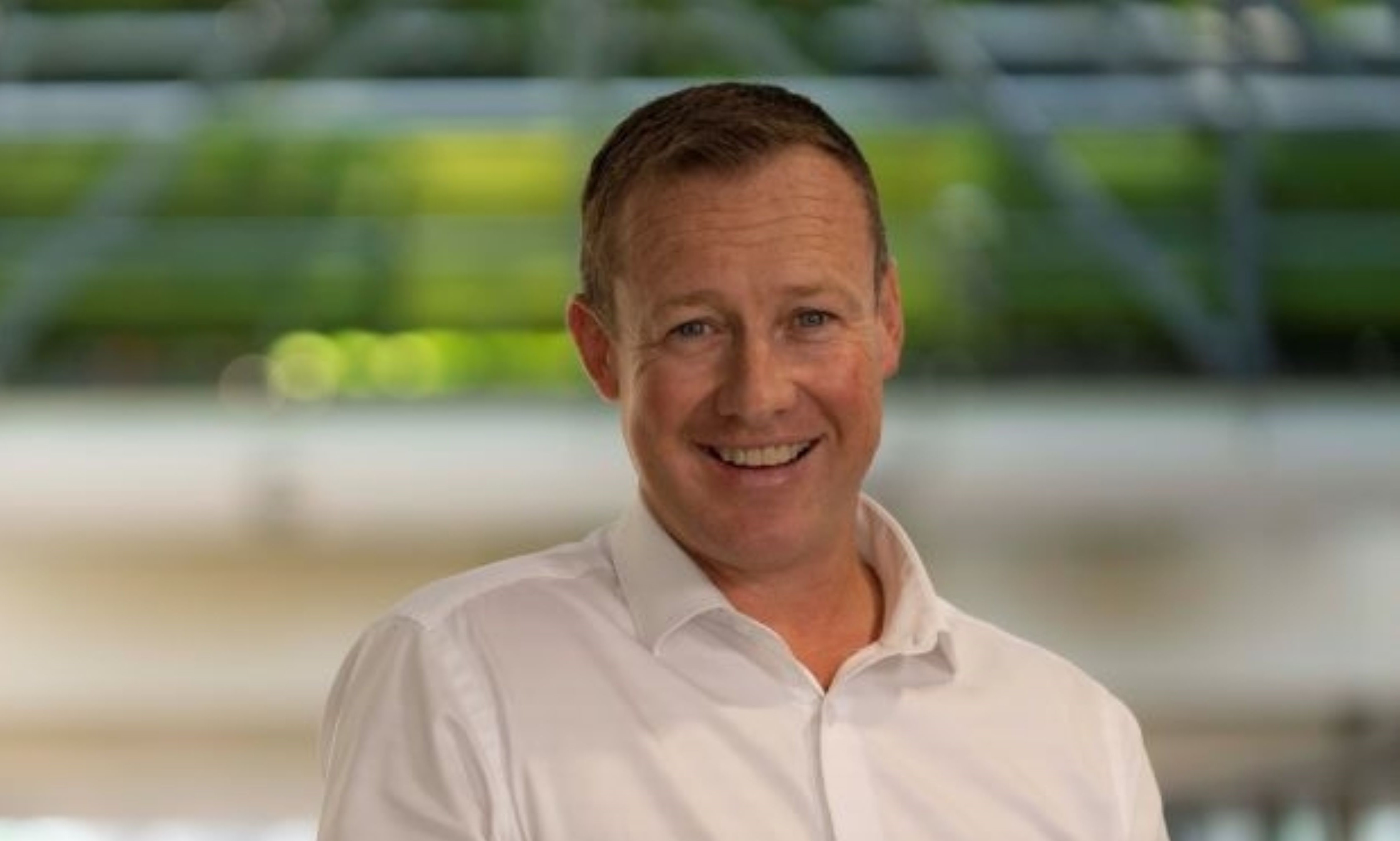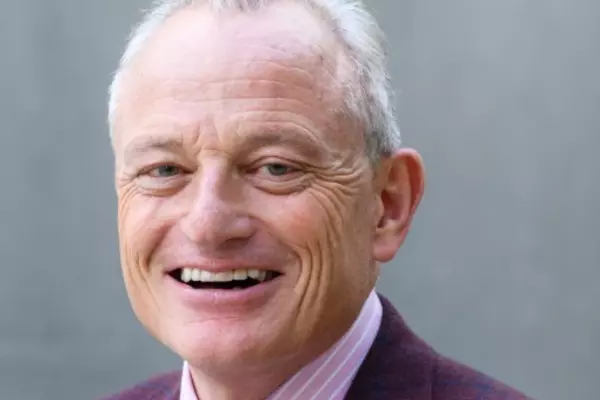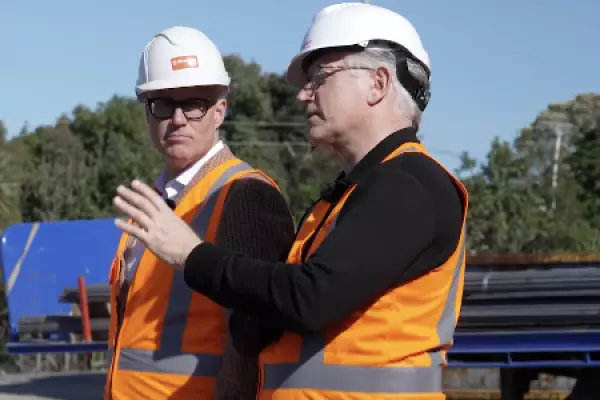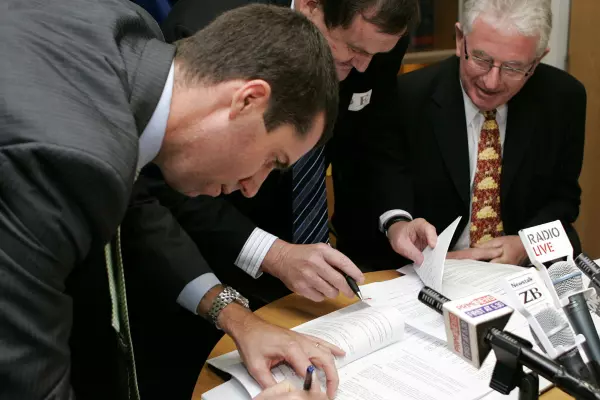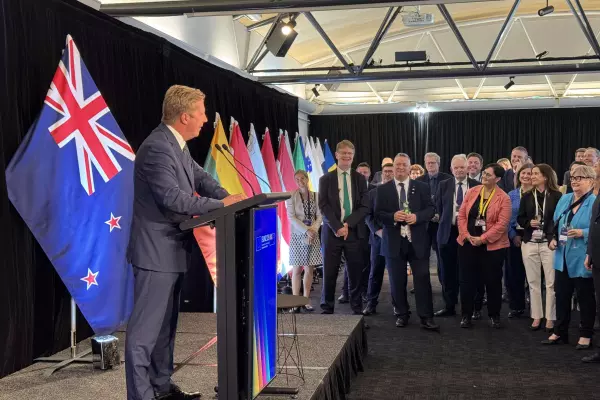It doesn't take too much thought to conclude the New Zealand Superannuation Fund has sold NZ Inc down the river when it comes to the Metlifecare takeover.
With the Super Fund having agreed to sell to Sweden's EQT at $6 per share, down from its pre-covid offer of $7, and with four of Metlifecare's six directors backing the new bid, the offer via a scheme of arrangement is probably a fait accompli.
The Super Fund owns 19.8 percent of Metlifecare, effectively giving it the ability to block a takeover bid it didn't like, but making it the kingmaker of EQT's bid.
It has already declared its hand, promising to vote for the scheme.
One would expect the "hot" money from offshore institutions that had been chasing the earlier offer are likely to back EQT's new offer because they will be keen to cut their losses.
Based on this year's substantial shareholder notices, and assuming some offshore holders never owned as much as 5 percent, that could account for more than 40 percent of Metlifecare shares.
Certainly, Hong Kong-based Maso Capital Partners, which owns 5.4 percent, made no secret of its attempts to bully Metlifecare's directors back to the negotiating table with EQT.
Given that schemes of arrangement require at least 50 percent of shareholders to vote and 75 percent of those voting to vote in favour for the takeover to succeed, and that large numbers of shareholders, particularly retail shareholders, don't bother to vote, that appears to be more than enough to sew the deal up.
Chair Kim Ellis's position is positively mystifying: he looked to have hogtied the board when he told the NZ Herald last Monday that the value of the company's assets had fallen by at least 15 percent because of the covid-19 crisis, so the new nearly 15 percent lower offer was "probably not miles off the button."
But when it came to a vote, Metlifecare said Ellis didn't believe the price EQT is offering represented fair value and that its offer should be at least $6.35 per share, the mid-point of KordaMentha's valuation.
Ellis's view of the state of the housing market is more extreme than other commentators.
For example, Westpac is forecasting a 7 percent fall in house prices this year while ANZ foresees a 12 percent drop, Standard & Poor's is expecting a 10 percent decline while QV foresees a drop between 5 percent and 10 percent.
UBS analyst Jeremy Kincaid expects only a short-lived fall in house prices of about 7.5 percent in the next year, but forecasts 7.5 percent growth will follow in 2022 and 2023.
Factors limiting the immediate decline include that the Real Estate Institute is reporting the available housing units for sale are below 21,000 compared to between 50,000 and 60,000 heading into the global financial crisis – house prices declined about 10 percent through the GFC and quickly recovered.
Another factor limiting any decline in prices is the fact that, with interest rates so low, it's cheaper to buy than to rent about a third of Auckland properties and most houses in the rest of the country, Kincaid said in a note published last week.
Retirement village units aren't just any old homes, Kincaid notes. Many residents buy into a village because they need to and the experience of the GFC proved retirement village units are less affected by such downturns than the housing market in general.
But even if Ellis is right and house prices will fall 15 percent this year, history shows house prices have never taken long to recover from downturns.
The new offer compares with Metlifecare's net assets per share of $7 at Dec. 31 and a company-commissioned updated valuation by independent adviser KordaMentha dated June 5, which means it took the coronavirus crisis into account, which valued the shares at between $5.80 and $6.90.
The Super Fund is always telling us that one of its advantages is its ability to take a long-term view on its investments.
“As a long-term sovereign wealth fund we have the ability to look-through periods of market uncertainty. The important thing is that we retain confidence in our investment settings and don’t get spooked," chief executive Matt Whineray said as recently as March.
He was commenting on the coronavirus crisis-induced volatility in global markets.
That puts a big question mark over why the Super Fund is happy to sell its Metlifecare stake at such a discounted price.
It's clear some of the other local shareholders are unhappy with the new price.
ANZ Investment Management is in the happy position of having sold most of its stake in January – 11.8 percent in the last annual report – at prices not far shy of $7. But it still owns between 2 and 3 percent.
"It's disappointing it didn't go above the middle of the range. We think it's a good business with long-term growth potential," said ANZ's head of Australasian property securities, Craig Tyson.
"$6.35 was the middle of the range – I would've thought that was the starting point. Why else do you get an independent adviser's report?" Tyson said.
Matt Goodson, joint managing director at Salt Funds Management, which owns about 1 percent of Metlifecare, isn't happy either.
"From our perspective, $6 isn't enough. If the bid fails, I've got no doubt the share price will go down for a while, but you have to take a long-term view of these things," Goodson said.
"For the buyer at this price, it's a heads-we-win, tails-you-lose scenario. Why you would want to sell at this level is unclear - $7 better reflects the balance of risks, even though it wasn't utterly compelling."
Goodson said the main issue with Metlifecare compared with other operators in the retirement village sector is that Metlifecare hasn't been able to deliver adequate development returns.
"The main issue with Metlifecare is something that's fixable," he said.


